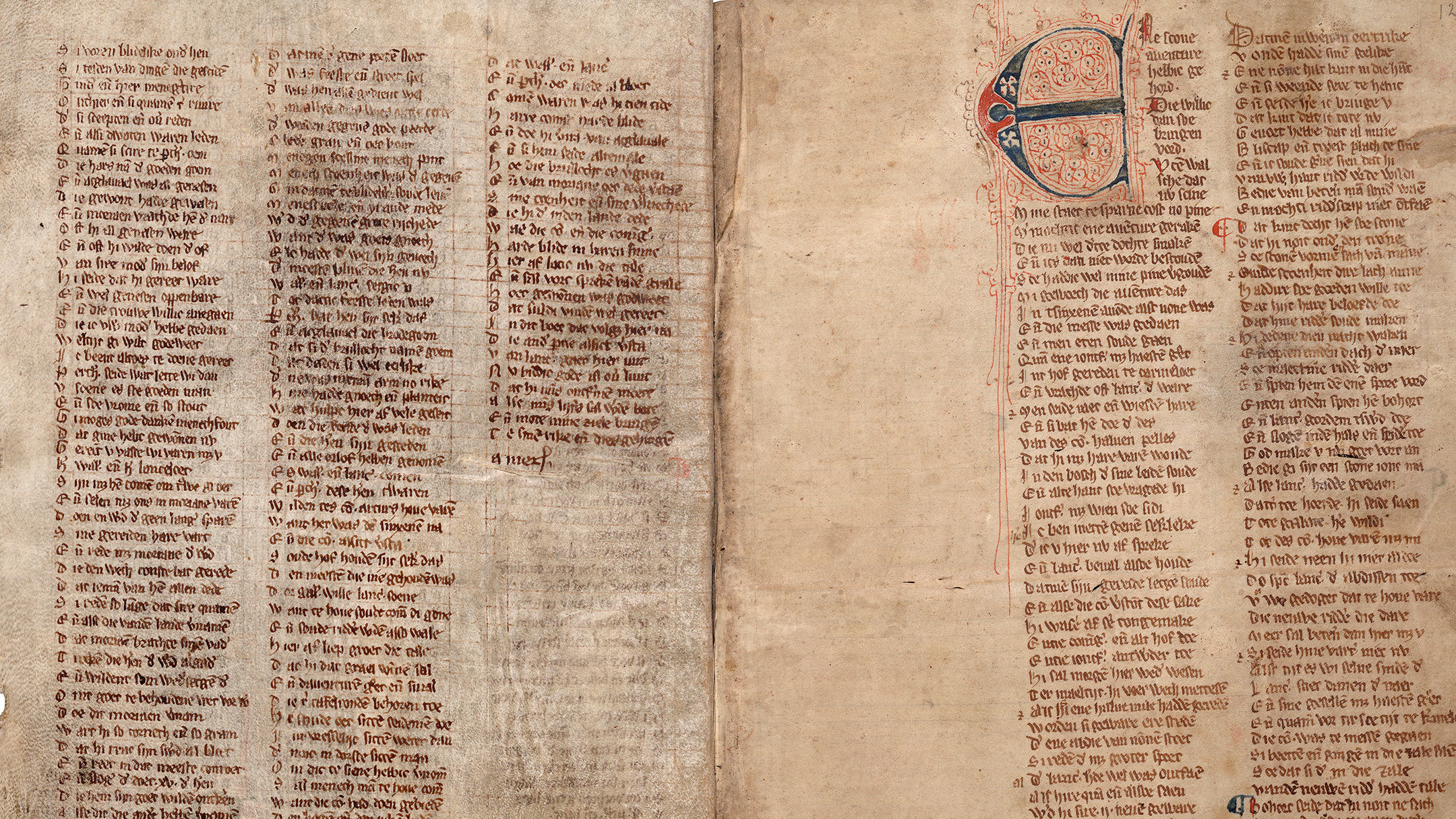Valero, Miguel A. "Fear and Loathing in New Spain: Anti-Blackness in Colonial Mexico." Throughlines. www.throughlines.org/suite-content/anti-blackness-in-colonial-mexico. [Date accessed].
Anti-Blackness in colonial Mexico
Looking at the Spanish Empire as a locus to understand the development of biopower in the early modern world.

Fear and Loathing in New Spain: Anti-Blackness in Colonial Mexico | Watch the full talk
Presented by Miguel A Valerio at Region and Enmity: A RaceB4Race Symposium in 2021
Miguel A. Valerio discusses anti-Black matters and events in Colonial Mexico City and the racialization of slavery more broadly in connection to the people of African descent in colonial Mexico and the Atlantic at large. He traces how New Spain’s anti-Black ethos stems from the racialization of African slavery and how it led to the maligning of Afro-Mexicans’ clamor for justice and their festive traditions. Valerio looks at the Spanish Empire as a locus to study the development of biopower in the early modern world. Through Alonso de Sandoval’s 1627 treatise on slavery manual titled De Instauranda Aethiopum Salute, or “On bringing salvation to Africans,” he highlights Sandoval’s concluding thoughts on why slavery is just for Africans.
Further learning
Recommended

Language and race in The Man in the Moone
The Man in the Moone by Francis Godwin provides a genealogy of premodern anti-Asian sentiment. The collision of language and race, and the allegorical comparison of the Chinese to the Lunarians results in the alienation of Asian culture and language.




